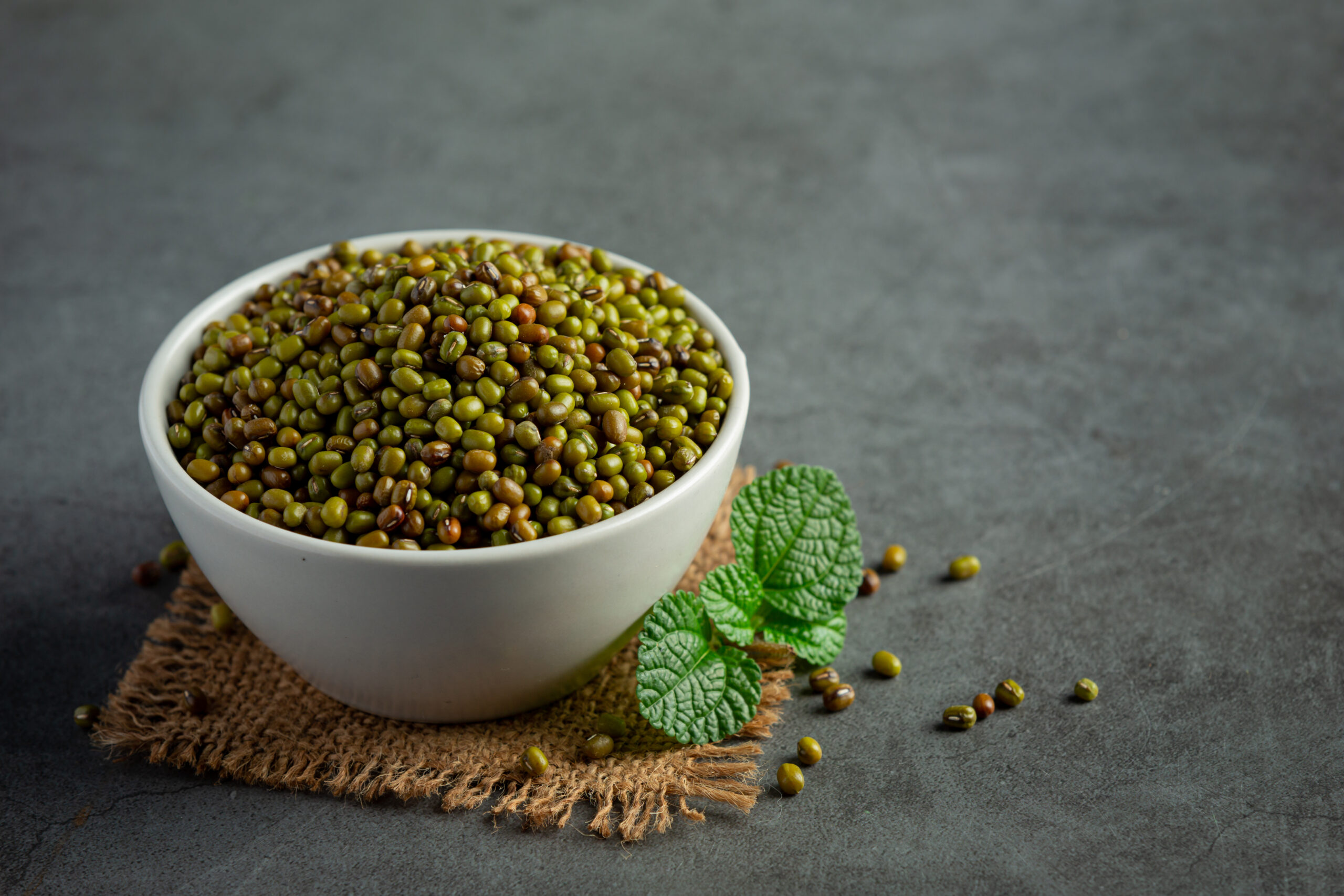Green tea benefits is more than just a refreshing drink. It’s packed with antioxidants and a little kick of caffeine, offering a range of potential benefits for your health. Studies have shown that green tea might help with things like reducing anxiety, boosting memory, and even keeping your blood pressure and cholesterol in check.
But what exactly makes green tea so special? Well, it’s not just one thing. Green tea comes in different forms – you’ve got your classic beverages, supplements, and even creams and ointments. Each of these packs its own punch when it comes to potential benefits and risks.
- Chill Out with Less Stress and Anxiety Ever heard of L-theanine? It’s an amino acid found in tea that can help you relax. And guess what? Green tea has got a bunch of it. Studies have shown that popping a daily dose of L-theanine might help take the edge off anxiety and stress. But before you start stocking up on supplements, remember that the amounts used in studies are much higher than what’s in your average cup of tea.
- Give Your Brain a Boost Green tea might just be your brain’s best friend. With its hefty dose of antioxidants, it could help protect against cognitive decline and diseases like Alzheimer’s and Parkinson’s. Plus, some studies suggest it might even improve your memory.
- Keep Those Bones Strong Getting older doesn’t mean your bones have to get weaker. Green tea might help fend off osteoporosis, especially for postmenopausal folks. The antioxidants in green tea could give your bones a boost and protect them from getting brittle.
- Stay Young, Stay Healthy Who doesn’t want to age like fine wine? Green tea’s got your back with its polyphenols, which have anti-aging effects. They help fight inflammation, reduce oxidative stress, and even keep those pesky signs of aging at bay.
- Nix the Bad Cholesterol Nobody wants high cholesterol hanging around. Luckily, green tea might help lower your LDL (“bad”) cholesterol levels, reducing your risk of heart attacks and strokes.
- Boosts Immune System: Green tea contains compounds like catechins and polyphenols, which have been shown to have antimicrobial and immune-boosting properties, helping your body fend off infections and illnesses.
- Promotes Dental Health: The catechins found in green tea have been linked to reducing the growth of bacteria in the mouth, potentially lowering the risk of dental cavities, gum disease, and bad breath.
- Supports Skin Health: Green tea’s antioxidant properties may help protect the skin from damage caused by UV radiation and environmental pollutants, leading to healthier, more radiant skin. Some studies suggest that green tea extracts applied topically can also help improve skin tone and texture.
- Aids in Digestion: Drinking green tea after meals can help stimulate digestion and relieve bloating and indigestion, thanks to its mild caffeine content and natural compounds that support gut health.
- May Reduce the Risk of Certain Cancers: Some research suggests that the antioxidants in green tea may help inhibit the growth of cancer cells and reduce the risk of certain types of cancer, including breast, prostate, and colorectal cancers.
- Improves Oral Health: Green tea’s antibacterial properties can help kill harmful bacteria in the mouth, reducing the risk of cavities, gum disease, and bad breath.
- Enhances Focus and Concentration: The combination of caffeine and L-theanine in green tea can help improve focus, concentration, and cognitive function, making it a great beverage to enjoy during study sessions or work tasks.
- May Aid in Weight Management: Green tea has been shown to boost metabolism and promote fat oxidation, potentially aiding in weight loss when combined with a healthy diet and exercise regimen.
- Reduces Inflammation: The antioxidants in green tea have anti-inflammatory properties, which may help reduce inflammation throughout the body and alleviate symptoms of inflammatory conditions like arthritis and inflammatory bowel disease.
- Promotes Relaxation: Despite containing caffeine, green tea also contains L-theanine, an amino acid that promotes relaxation and reduces stress levels without causing drowsiness. This unique combination makes green tea a soothing beverage that can help calm the mind and body.
And that’s not all! Green tea could also help with weight loss, blood pressure, and even reduce your risk of diabetes and stroke. But like with anything, moderation is key. Too much green tea can lead to unwanted side effects like anxiety and insomnia, thanks to its caffeine content.
So, how can you incorporate green tea into your daily routine? Well, you’ve got options. Whether you prefer it hot or cold, plain or flavored, there’s a green tea out there for you. You can even get creative and use it in recipes like oatmeal, smoothies, or as a cooking ingredient.
Here’s the nutrition breakdown for green tea:
For an eight-ounce serving of brewed green tea, here’s what you’ll typically find:
- Calories: 2.37
- Fat: 0g
- Sodium: 2.37mg
- Carbohydrates: 0g
- Fiber: 0g
- Added sugars: 0g
- Protein: 0.52g
Green tea doesn’t pack a significant caloric or nutrient punch per cup, but it does contain a variety of antioxidants and small amounts of 27 different minerals. Some of these trace minerals include:
- Magnesium: Helps regulate blood sugar levels
- Potassium: Important for maintaining hydration and supporting heart health
- Selenium: Plays a role in supporting the immune system
Even though the amounts of these minerals might seem small, they can add up depending on how much green tea you consume daily. So, while it might not be a powerhouse of nutrients on its own, green tea can still contribute to your overall mineral intake.
Here are some tips for consuming green tea:
- Mind Your Sweeteners: Green tea is naturally low in calories, but watch out for adding too much sugar or sweeteners. Excessive sugar intake can contribute to health issues like heart disease and weight gain.
- Consider Naturally Decaffeinated Options: If you’re sensitive to caffeine or want to avoid it, look for naturally decaffeinated green tea. Just be aware that removing caffeine may also reduce the tea’s antioxidant content.
- Get Creative: Don’t limit yourself to just drinking green tea! You can incorporate it into various recipes like oatmeal, smoothies, or even use it for cooking rice or steaming vegetables.
- Timing Matters: Green tea contains caffeine, which can affect your sleep if consumed too close to bedtime. Enjoy it earlier in the day for a gentle energy boost without interfering with your sleep.
- Pair It with Food: Drinking green tea on an empty stomach might upset some people’s stomachs due to its caffeine content. Consider enjoying it alongside a meal to mitigate any potential digestive discomfort.
- Choose Quality Sources: Opt for high-quality green tea from reputable brands or sources to ensure you’re getting the best flavor and potential health benefits.
- Stay Hydrated: While green tea can contribute to your daily fluid intake, it shouldn’t be your only source of hydration. Make sure to drink plenty of water throughout the day to stay properly hydrated.
When Is the Best Time To Drink Green Tea?
The best time to drink green tea largely depends on your personal preferences and lifestyle. However, here are a few pointers to consider:
- Morning Boost: Since green tea contains caffeine, it can provide a gentle energy boost in the morning, making it a great alternative to coffee for some people.
- Mid-Morning or Afternoon: If you’re looking for a pick-me-up during the day, drinking green tea in the mid-morning or afternoon can help you stay alert without interfering with your sleep later in the evening.
- Before or After Meals: Enjoying green tea before or after meals can aid digestion and help prevent post-meal energy crashes. It can also complement the flavors of your food nicely.
- Pre-Workout: Some people like to drink green tea before a workout to enhance focus and energy levels, thanks to its caffeine content.
- Avoid Before Bed: Since green tea contains caffeine, it’s generally best to avoid drinking it too close to bedtime to prevent potential sleep disturbances. Aim to have your last cup of green tea at least a few hours before you plan to hit the hay.
F&Qs
- What is green tea? Green tea is a type of tea made from the leaves of the Camellia sinensis plant that have undergone minimal oxidation during processing. It is known for its delicate flavor and potential health benefits.
- What are the health benefits of green tea? Green tea is rich in antioxidants called polyphenols, which may help protect against various diseases such as heart disease, cancer, and neurodegenerative disorders. It has also been linked to potential benefits like weight loss, improved brain function, and better dental health.
- Does green tea contain caffeine? Yes, green tea naturally contains caffeine, although generally in lower amounts compared to coffee. The caffeine content can vary depending on factors such as the type of tea leaves used and how it’s prepared.
- Can green tea help with weight loss? Some studies suggest that the catechins in green tea, combined with its caffeine content, may aid in weight loss by increasing metabolism and fat burning. However, the effects may vary from person to person, and green tea alone is unlikely to cause significant weight loss without dietary and lifestyle changes.
- Is green tea safe to drink every day? Generally, drinking green tea in moderation is considered safe for most people. However, excessive consumption may lead to side effects such as insomnia, digestive issues, or interactions with certain medications. It’s best to consult with a healthcare professional if you have any concerns or underlying health conditions.
- How much green tea should I drink per day? There is no one-size-fits-all answer to this question as individual tolerance to caffeine and other compounds in green tea varies. Most experts recommend limiting consumption to around 2-3 cups per day to avoid potential side effects while still reaping the health benefits.
- Can green tea be consumed by pregnant women? Pregnant women are generally advised to limit their caffeine intake, including from green tea, as excessive caffeine consumption may pose risks to the developing fetus. It’s best to consult with a healthcare provider for personalized advice regarding green tea consumption during pregnancy.
- Does green tea have any side effects? While green tea is generally safe for most people when consumed in moderation, it may cause side effects such as insomnia, upset stomach, or headaches in some individuals, particularly if consumed in large amounts or on an empty stomach. Additionally, some people may be allergic to certain components in green tea.
- Is green tea suitable for children? Due to its caffeine content and potential side effects, it’s generally not recommended for children to consume large amounts of green tea. However, occasional consumption in moderate amounts is unlikely to cause harm, but parents should monitor their child’s intake and consult with a pediatrician if necessary.
- How should green tea be stored to maintain freshness? To preserve the freshness and flavor of green tea, it should be stored in an airtight container away from light, heat, and moisture. Avoid storing green tea near strong-smelling items as it can absorb odors. Additionally, consuming green tea within a reasonable timeframe after opening is recommended for the best taste and quality.








